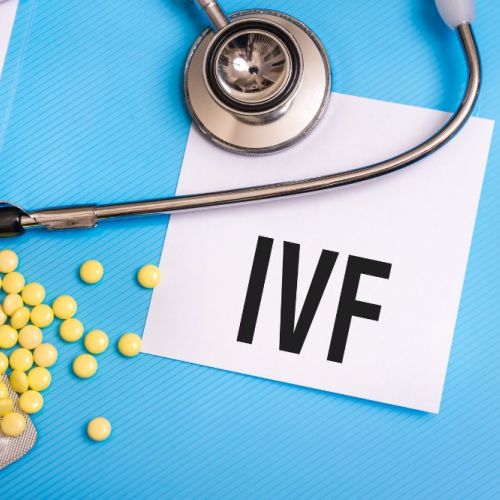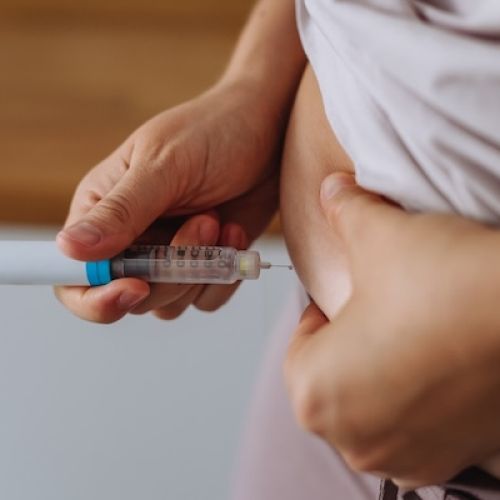How Long Does a Tubal Reversal Surgery Take?

Even though you had your tubes tied at one time because you believed you wouldn’t want to get pregnant, you have changed your mind. Once you’ve been screened for tubal reversal surgery and your doctor has determined you’re a good candidate for this procedure, you’ll want to know what to expect from tubal reversal surgery. One of the questions we hear most often is “How long does a tubal reversal surgery take?”
What to Expect When Having Tubal Reversal Surgery?
You’ll receive instructions ahead of time on what to expect on the day of your procedure. The Center for Reproductive Health performs tubal reversal procedures in state-of-the-art outpatient facilities. You won’t be able to eat or drink anything after 10 p.m. the night before your procedure. This procedure is done under general anesthesia, so you will be given medication to keep you asleep.
The procedure typically takes one to two hours. If you have any pelvic scarring from prior surgeries or if your body type is obese, it may last longer than two hours. The highly experienced physicians at the Center for Reproductive Health try to keep surgery time short whenever possible, because this helps speed up your recovery and lowers the risk of infection.
The incision that’s done for a tubal reversal surgery is small, usually about two to two and a half inches long. Having a small incision is another way to keep your recovery time as short as possible.
You remain in the recovery area of the outpatient facility for about an hour after surgery. When your medical team determines it’s safe for you to leave, you’ll be able to go home. Since anesthesia is used, you’ll need someone to drive you home.
How Long Does Recovery Take?
You may have some discomfort for the first day or two, and your doctor may prescribe medication for the pain for the first few days. Plan to rest the first couple of days. In most cases, ordinary daily activities can be resumed after a few days.
Post-op instructions are provided, which include information on when it’s ok to return to work. Most people can return to work about three to five days after surgery but you may need to wait longer before returning to work if your job is strenuous.
Be sure to follow the post-op instructions and attend the follow-up appointment that’s scheduled so your doctor can make sure you’re recovery is going as expected. Stitches will dissolve over time and don’t need to be removed.
Your doctor lets you know when it’s ok to begin trying to conceive. Up to 80 percent of women are able to get pregnant within a year or two after a tubal reversal. Other options are available that may help if you don’t conceive after a tubal ligation reversal.
The team at the Center for Reproductive Health understands that many questions come up when you’re trying to get pregnant and they’re ready to answer any questions you may have. Reach out today if you have questions or make an appointment for a consultation.




